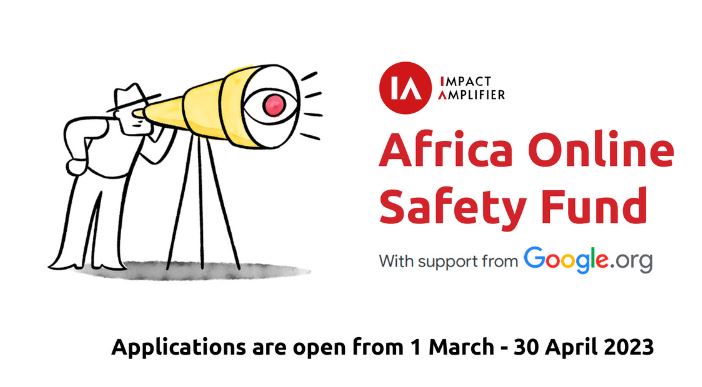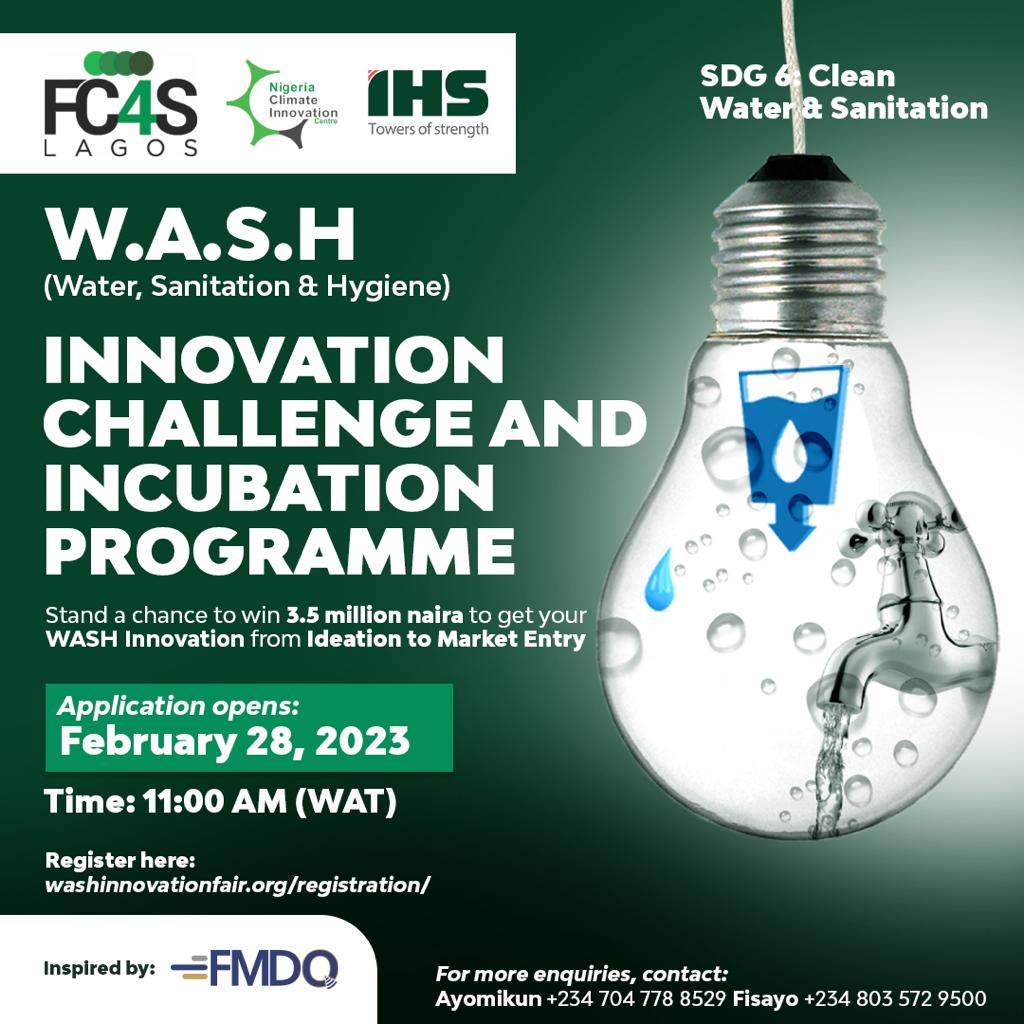Impact Amplifier is seeking applications for its Africa Online Safety Fund.
Africa’s internet access has increased dramatically over the last 10 years with over 520 million people, or 40% of the population, now with access to the web. This has opened up many new opportunities for socio-economic development, including the potential for the internet economy to contribute nearly $180 billion to Africa’s economy by 2025.
However, this rapid growth has also brought new challenges, including privacy and security concerns, bullying and harassment, hate crimes, fake news, political targeting and manipulation, terrorist recruitment and promotion, and financial scams. The COVID-19 pandemic has only made these issues worse, with a 30% increase in cyber attacks.
To address these issues, the Africa Online Safety Fund, with financial support from Google.org, has been established to finance innovative existing and new solutions to these challenges.
While not exclusively focused, the Fund will be favouring solutions, which address women and children’s online safety specifically, as they are the most targeted communities in this regard.
Fund Structure
The Africa Online Safety Fund will be awarding grants to organisations that address one or more of the safety issues the internet facilitates.
The Africa Online Safety Fund has three categories of funding: Transformative, Maturing and Catalytic. The Transformative projects are intended to be larger in scale, reach multiple geographies and or potentially large numbers of beneficiaries, and be scalable as a solution. The Maturing projects are intended to test ideas at a larger scale, try new ideas within existing projects, and reach new audiences. The Catalytic projects are intended to be smaller, targeted, and potentially only locally or culturally specific.
The Transformative grants will be a maximum of $50,000, Maturing will be up to $25,000 and the Catalytic Grants will be a maximum of $10,000. Beyond fitting your project into the category descriptions provided, Organisations cannot apply for more funding than 50% of its annual budget.
Application Process
The application process will be in two stages. Stage one is a short application form to be completed by all interested organisations. Click to apply
All applicants that are shortlisted will be eligible to complete the second stage of the application process. The details and requirements of this stage will be provided directly to all shortlisted applicants.
Eligibility
Applicants can be public benefit organisations, private or from the public sector. No individual applicants will be considered.
The Fund is open to organisations throughout Sub-Saharan Africa but is prioritising Nigeria, South Africa, Kenya, and Ghana.
Only completed applications will be considered.
Criteria for Selection
The primary criteria that will be used to select successful applicants, includes:
- INNOVATION AND REPLICATION – what is the level of novelty in the intervention/service? Can it function as a model for other interventions? Does it replicate other successful online safety interventions from different geographies?
- SOCIAL IMPACT – what is the scale of the online safety problem being addressed? What is the potential social impact of the intervention? What is the potential impact if the intervention is scaled beyond the current plan? Can it in fact be ramped up? (Is it cost effective, sustainable, and replicable?)
- POTENTIAL FOR SUCCESS – how likely is the intervention to achieve its stated goals?
- MANAGEMENT TEAM – what is the strength and experience of the management team and the precedent set by the team in terms of cooperation, achieving goals, and beneficiaries served?
- FINANCIAL EFFICIENCY – is the funding requested an efficient use of resources? How does the amount requested, scope of the problem to be addressed, and beneficiaries to be reached compare to other applicants?
- SUSTAINABILITY – can the intervention planned become financially sustainable beyond this grant? If so, how and to what scale?
Timing
The first phase of the application process is open from 1 March to 30 April. The shortlisted applicants will be announced by 31 May. The finalists will be selected by 15 July, 2023.










